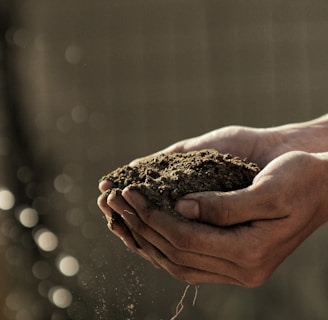From Waste to Wonder: The Benefits of Container Farming in Urban Areas
From Waste to Wonder: The Benefits of Container Farming in Urban Areas
5/20/20242 min read


Introduction to Container Farming
In today’s bustling urban landscape, the shift towards sustainable practices is more important than ever. One innovative solution that is gaining traction is container farming. By utilizing repurposed shipping containers, urban farmers can grow fresh produce right in the heart of the city. Not only does this method provide access to locally grown food, but it also plays a crucial role in promoting a circular economy.
Integrating Waste Management with Container Farms
Urban areas generate a significant amount of organic waste, and managing this waste can be a daunting challenge. Container farms offer an exciting opportunity to integrate urban waste management with agriculture. By harnessing organic waste, we can transform it into compost or even bioenergy to power these farms. This process not only diverts waste from landfills but also enriches the soil used in container farming.
Benefits of a Circular Economy
The essence of the circular economy is to create a system where resources are reused and recycled, minimizing waste in the process. Container farming stands at the intersection of urban waste management and agriculture, showcasing how we can turn waste into valuable resources. For instance, food scraps and biodegradable waste can be composted, providing nutrient-rich soil for crops grown in containers. This approach reduces the demand for chemical fertilizers while improving the sustainability of urban farming.
Furthermore, container farms can leverage waste-to-energy technology. Biodegradable waste can be processed to produce biogas, which can then be utilized to power the farm’s operations. This not only cuts energy costs for farmers but also contributes to reducing carbon emissions associated with energy production.
The Future of Urban Agriculture
As cities continue to grow, the need for innovative solutions to feed urban populations is crucial. Container farming offers a compelling model for how we can support food production while simultaneously dealing with waste management effectively. By integrating these two systems, urban areas can promote a sustainable future that not only provides fresh food but also reduces environmental impact.
In conclusion, the journey from waste to wonder is within reach through the practice of container farming. Embracing this farming technique can significantly contribute to a circular economy, turning organic waste into a resource that supports both local agriculture and waste reduction. By championing container farms, we can cultivate a greener, more sustainable urban environment for generations to come.
© 2025. All rights reserved.







